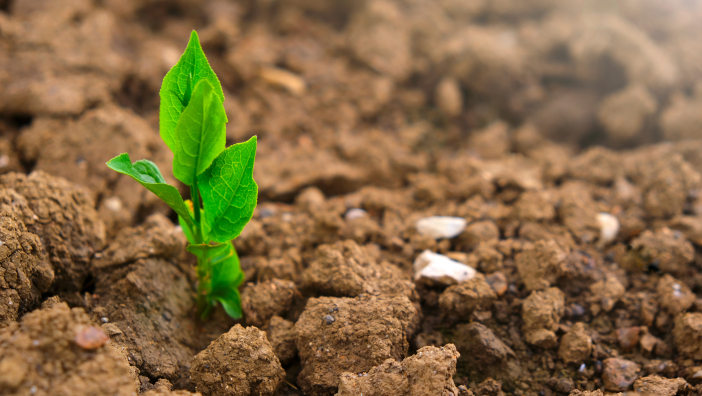New research from Rothamsted Research shows that emissions of nitrous oxide could be drastically reduced by adding carbon-rich manure.
Doing so would essentially lock in nitrogen as it is no longer turned into as much nitrous oxide by microbes in the soil.
Nitrous oxide is around 300 times more potent than CO2 as a greenhouse gas and fertilised soils are its major source. The gas also contributes to ozone depletion and human-induced emissions have increased 30% over the last forty years – mainly due to the increased use of chemical fertilisers.
The latest Rothamsted-led study, published in the journal Nature Food, shows that arable ground receiving inorganic fertilisers only retained half the amount of nitrogen, compared to farms receiving farmyard manure.
It strongly suggested that carbon and nitrogen are inexorably linked within the soil. This ties in with previous research that showed carbon plays a key role in determining the very structure of the soil.
Professor Andrew Neal and colleagues found that increasing organic matter leads microbes to secrete sticky polymers that produce a well-connected network of small pores. This structural feature determines the fate of soil nitrogen.
Professor Neal said: “Our latest findings show that its organic matter’s impact on soil structure that influences how nitrogen is metabolised in soils. Greater pore connectivity in carbon-rich soil allows air to circulate and means microbes are metabolising nitrogen in such a way as to reduce nitrous oxide emissions.
“This means the wider application of organic matter in arable systems has the potential to reduce nitrous oxide emissions and agriculture’s contribution to climate change.”
Using archived samples and new data collected from the 179-year Broadbalk wheat experiment, the team compared a variety of soils, including those which had received nitrogen fertilisers up to 240kg per hectare per year, and those getting only farmyard manure.
They also looked at soil from a woodland created in 1882, and soil from another experiment under a mown pasture.
In soils with limited or no organic matter inputs, the arrangement of small, poorly connected pores forces microbes to switch to an anoxic (oxygen-free) metabolism, producing greater quantities of nitrous oxide rather than biomass.


